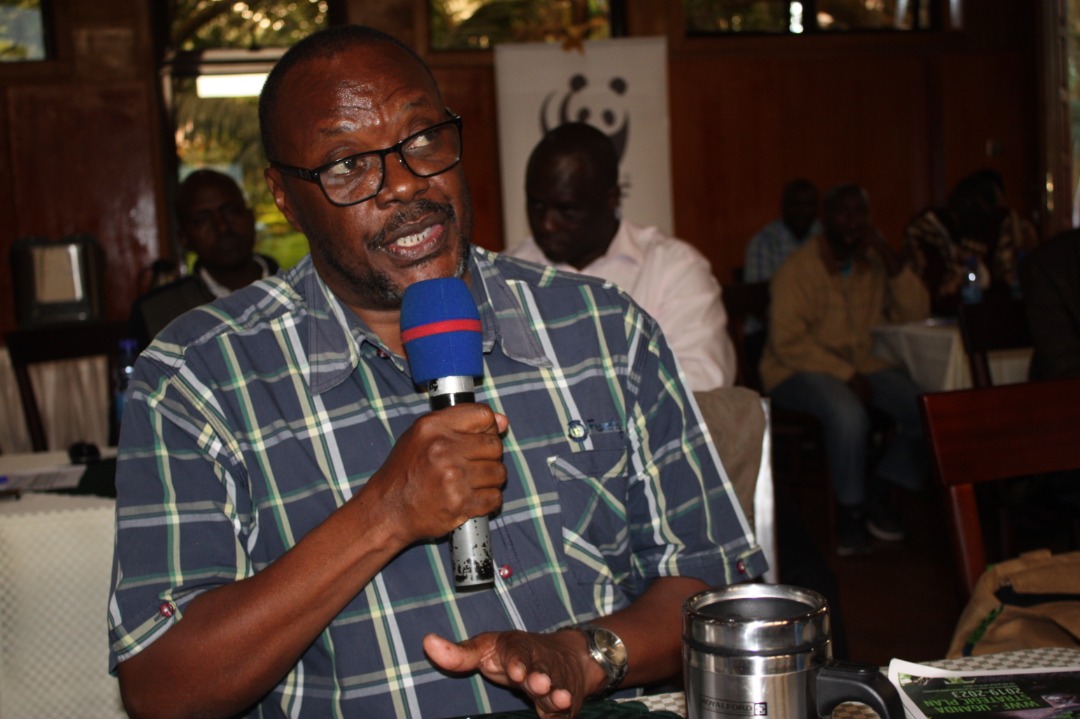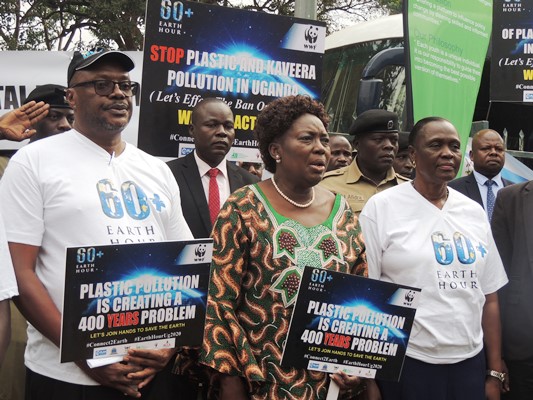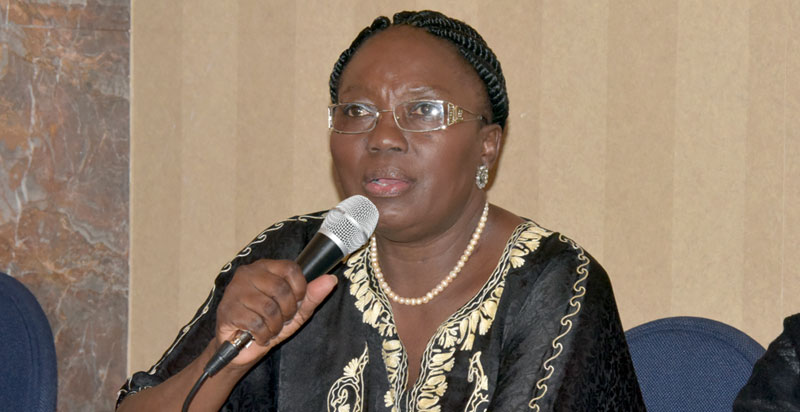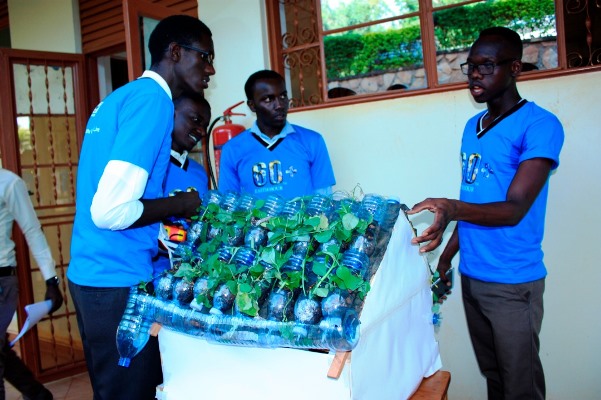Wild Wide Fund for Nature (WWF) has called on private investors and private businesses to participate in conservation by creating and engaging resource-based social enterprises that make profit but also have positive impact on conservation.
The call was made by David Duli, the WWF Country Director as Uganda joined the rest of the world to commemorate World Environmental Day June 5.
Duli described the needed investments as Bankable nature solutions that help someone turn a profit while also promoting Conservation which him and the community as a whole.
Duli said that for conserving and restoring global ecosystems alone, the available fund is USD52 billion which is very little as compared to the required investment estimated at about USD400 billion annually.
“However, only USD52 billion is currently available and stems primarily from public and philanthropic sources. This leaves a funding gap of about USD350 Billion,” he said.
The current funding gap according to Duli is the essence as to why WWF together with Dutch Fund for climate and Development (DFCD) believe and suggest that private investors and businesses could close more than half of the funding gap by profitably funding enterprises with a positive impact.
He however, expressed concern of the still existing misconception within the private sector in regards nature conservation citing that the negative belief is an inception that has to be dealt with if the country is to address the increased environment degradation.
“Unfortunately, the private sector perceives nature conservation projects as relatively unattractive due to limited large scale opportunities, limited investment opportunities, non-transparent risks, relatively low returns and long time horizons,” he said.
Bankable nature solutions (BNS) are financially viable projects which support the development of more climate resilient and sustainable landscapes and economies. Their bankability enables projects to accelerate scaling and replication, realizing large-scale positive impact on nature and people.
According to authorities within WWF, Bankable nature solutions are not just different from regular conservation projects because of their source of funding but also a strategy that will effectively work as it will call in more conservationists.
“They are intrinsically different as they are managed by the private sector and as their design is centered on revenue generating activities that help recover project costs and generate a return on investment,” said Duli.
“Bankable Nature solutions can be found across different themes such as environmental protection, forestry, water, climate-smart agriculture and sanitation and renewable energy,” he added.
According to Harold Turinawe Bamwoya, the forest markets transformation manager at WWF, the drivers of degradation of Natural Resources in Greater Virunga Landscape and Uganda are generally Markets, population pressure and governance issues. He however, said the Bankable Nature Solutions ought to effectively boost the fight if adhered to
“A number of approaches have been implemented to improve ecosystems health and human wellbeing and reverse degradation and while making profits to private sector and significant community benefits,” he said.
Harold emphasized that bankable Nature solutions, make better meaning as bankable interventions when they are done to scale that attracts investment in value-addition and Markets. He pointed out that this intervention therefore links with and contributes directly towards the NDPIII framework of delivery- the parish model.







